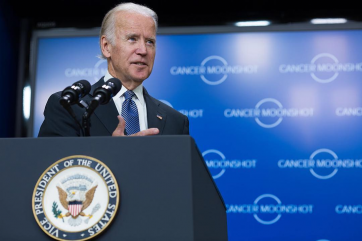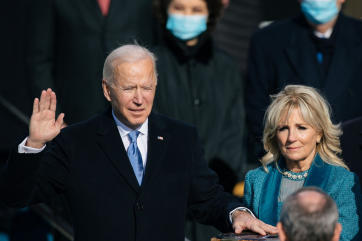Higher Education Leaders Urge Education Department To Reconsider Proposed Changes to Book and Supply Billing
By Joy LiwanagIn a collective effort, seventy-five administrators and professors from over 60 institutions have joined forces to implore the United States Education Department to reconsider its recent proposal regarding the billing of students for books and supplies.
Issued on Wednesday after the department's second negotiation round, the letter articulates apprehension about the potential adverse effects on initiatives like inclusive access, deeming them a "critical instrument for enhancing the affordability of higher education across a wider spectrum of Americans."

Academic Unity: Opposition to Proposed Changes
The Education Department has put forth a proposal aimed at discontinuing a 2016 policy that permitted colleges and universities to automatically include charges for books and supplies as part of tuition and fees. This policy change had given rise to the inclusive access procurement model, which the department now seeks to curtail.
In the letter, representatives from the academic institutions argue that inclusive access programs have played a crucial role in making higher education more financially accessible. The signatories request swift action from the Education Department to preserve these options for course materials by maintaining the existing rules. Additionally, they suggest that the department take into consideration the feedback received during the negotiation sessions for the next draft of language in the process.
Inclusive Access Programs: A Crucial Tool for Affordability
Critics of the inclusive access model contend that it lacks transparency, poses challenges for students attempting to opt out, and fails to generate cost savings. Under the current regulations, institutions are obligated to offer course materials at rates below the market average. However, officials from the Education Department revealed during the recent rule-making session that monitoring compliance with this requirement is a complex task.
While the department's proposed changes would eliminate the automatic billing of students for books and supplies, representatives from educational institutions proposed additional safeguards during the negotiations. These new measures include an annual certification ensuring that materials are offered at prices below the market average and the establishment of clear requirements outlining how students can opt out of these programs.
The upcoming and final round of negotiations is scheduled to commence on March 4, providing an opportunity for stakeholders to further discuss and refine the proposed changes.
Negotiations and Counter-Proposals: Seeking a Middle Ground
In response to the concerns raised by the academic community, the Education Department has yet to indicate whether it will reconsider its stance on the proposed modifications. The debate revolves around finding a balance between ensuring affordability for students and addressing the challenges associated with the inclusive access model.
Proponents of the inclusive access model argue that it streamlines the process for students to access required course materials and can result in cost savings when implemented efficiently. However, opponents insist that without proper oversight and transparency, it may lead to unintended financial burdens on students.
As the final round of negotiations approaches, it remains to be seen whether the Education Department will heed the calls of the academic community or proceed with its proposed changes. The outcome of these discussions will undoubtedly shape the future landscape of how colleges and universities bill students for essential course materials, impacting the accessibility and affordability of higher education for countless individuals.
RELATED ARTICLE: Biden Administration Proposes Rule to Safeguard Students: No More Fees on College-Sponsored Deposit Accounts








